Certain appointed counselors and psychiatrist, are just in it, for the check, and not the patient. Especially your younger ones. Hovering around mid 40's or younger. AGAIN check the reviews, which we, made the mistake, and skipped this time around.
About Bryan Medical Center West Campus
You’ll have access to multiple levels of care, including medical detox, residential rehab, day treatment, intensive outpatient programs, and outpatient care. They customize each service based on your individual needs and unique situation. Clients participate in discussions, individual, group, and family sessions, lectures, recreational activities, and family care at all levels of care.
Their youth program provides targeted care for teens ages 15-18. This specialized program is designed to guide and support adolescents in their recovery journey accounting for unique challenges their age group may experience. What stands out about this program is the opportunities for gender-specific programming and groups. Connecting with peers on similar journeys creates a safe space for adolescents to open up about challenging topics, furthering healing.
Bryan Medical Center West – Mental Health accepts most private insurance companies and offers financial assistance for clients who are unable to pay.
Facility Overview
Latest Reviews
Rehab Score
Gallery
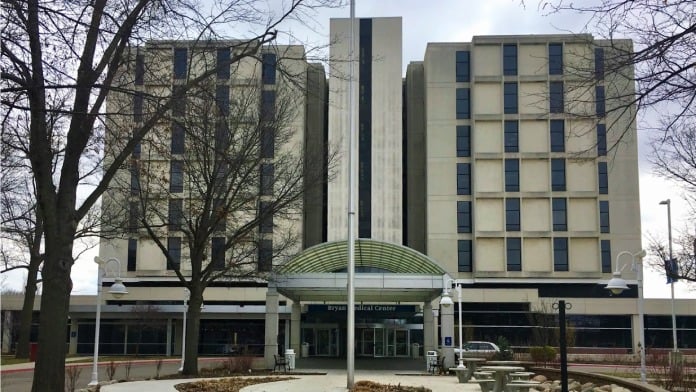
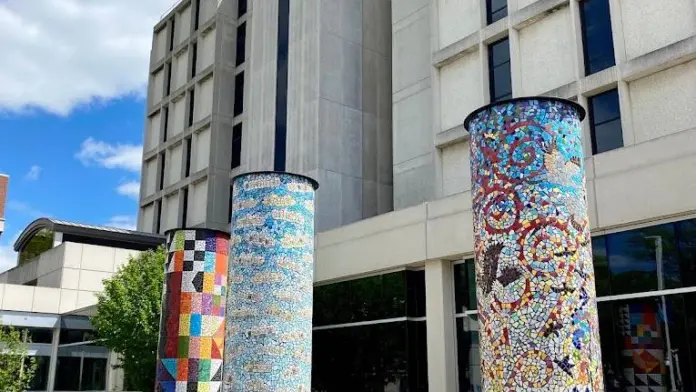
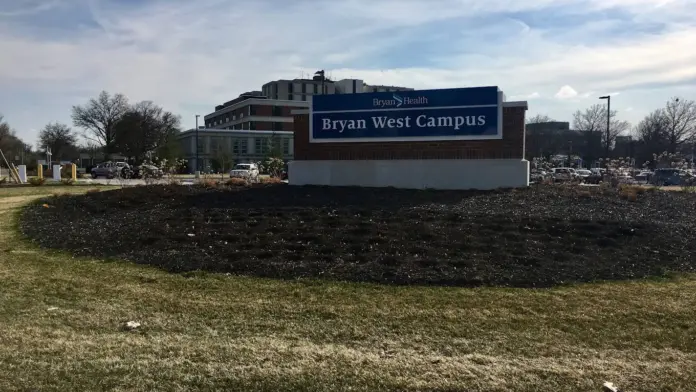
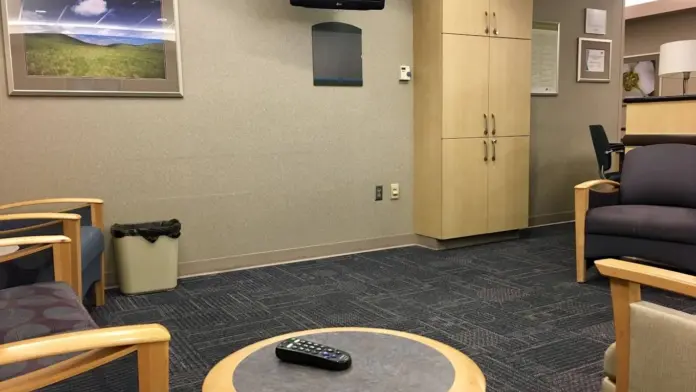
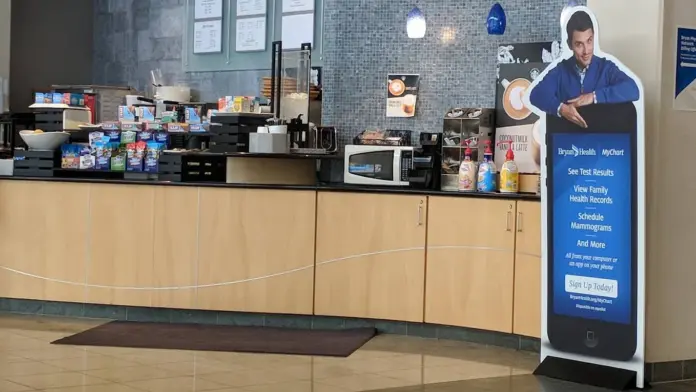
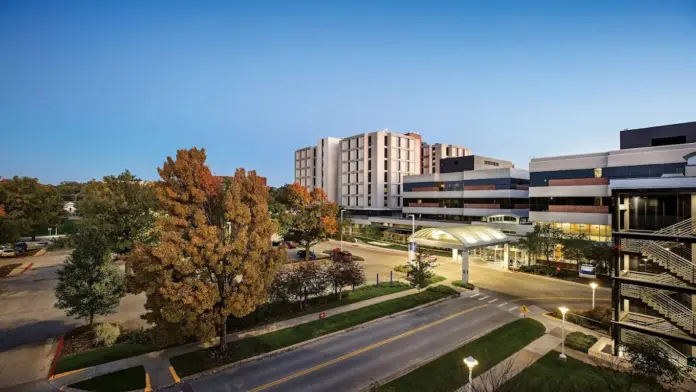
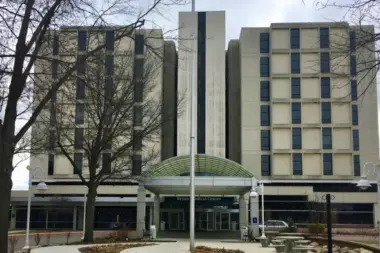
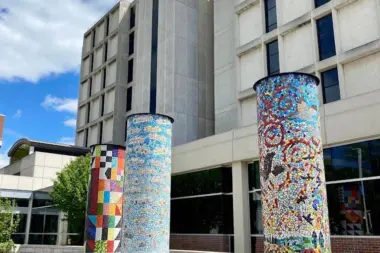
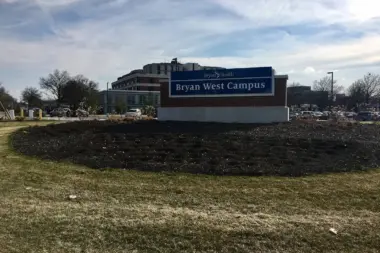
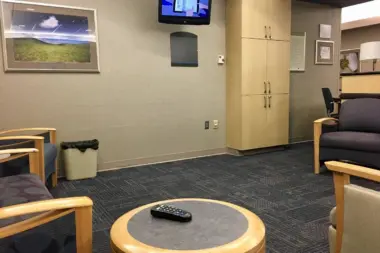
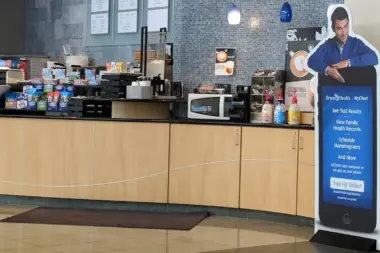
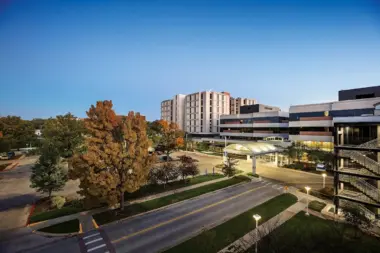
Accepted Insurance



Other Forms of Payment
Private insurance refers to any kind of healthcare coverage that isn't from the state or federal government. This includes individual and family plans offered by an employer or purchased from the Insurance Marketplace. Every plan will have different requirements and out of pocket costs so be sure to get the full details before you start treatment.
Self-pay involves paying for treatment out of your own pocket. You can use savings or credit, get a personal loan, or receive help from family and friends to fund your treatment. If you don't have insurance or your insurance plan doesn't cover a specific program, self-pay can help ensure you still get the care you need.
Financial aid can take many forms. Centers may have grants or scholarships available to clients who meet eligibility requirements. Programs that receive SAMHSA grants may have financial aid available for those who need treatment as well. Grants and scholarships can help you pai for treatment without having to repay.
Medicare is a federal program that provides health insurance for those 65 and older. It also serves people under 65 with chronic and disabling health challenges. To use Medicare for addiction treatment you need to find a program that accepts Medicare and is in network with your plan. Out of pocket costs and preauthorization requirements vary, so always check with your provider.
Military members, veterans, and eligible dependents have access to specific insurance programs that help them get the care they need. TRICARE and VA insurance can help you access low cost or no cost addiction and mental health treatment. Programs that accept military insurance often have targeted treatment focused on the unique challenges military members, veterans, and their families face.
Medicaid is a state based program that helps lower-income individuals and families pay for healthcare. Medicaid covers addiction treatment so those enrolled can use their coverage to pay for rehab. When a program accepts Medicaid the client often pays very little or nothing out of their own pocket.
Addiction Treatments
Levels of Care
Outpatient Programs (OP) are for those seeking mental rehab or drug rehab, but who also stay at home every night. The main difference between outpatient treatment (OP) and intensive outpatient treatment (IOP) lies in the amount of hours the patient spends at the facility. Most of the time an outpatient program is designed for someone who has completed an inpatient stay and is looking to continue their growth in recovery. Outpatient is not meant to be the starting point, it is commonly referred to as aftercare.
Residential treatment programs are those that offer housing and meals in addition to substance abuse treatment. Rehab facilities that offer residential treatment allow patients to focus solely on recovery, in an environment totally separate from their lives. Some rehab centers specialize in short-term residential treatment (a few days to a week or two), while others solely provide treatment on a long-term basis (several weeks to months). Some offer both, and tailor treatment to the patient's individual requirements.
As a form of intensive rehab, a partial hospitalization program (PHP) provides treatment to those who don't require 24-hour care. PHP treatment serves as a short-term alternative to inpatient or step-down after a residential program. With a partial hospitalization program, you'll participate in 6-8 hours of support for up to 5 days a week. While commuting is necessary, some programs offer telehealth options for virtual participation. The duration of your PHP treatment depends on your needs, averaging 90 days.
24-hour clinical care in Nebraska lowers the risk of complications during detox. If you detox on your own, you may experience life-threatening symptoms such as seizures or heart palpitations that require medication to treat. In a supervised clinical setting, medical staff can provide this treatment and monitor your health 24/7. You'll receive tailored treatment to ensure a safe and more comfortable detox that allows you to overcome drug or alcohol dependence.
Medical detox is the process of removing alcohol and drugs from your body in a medically supervised environment and helping manage withdrawal symptoms. If you've become dependent on alcohol and some drugs (like benzodiazepines and opioids), quitting on your own can be uncomfortable and even dangerous. In an inpatient environment, you will be monitored by a team of medical professionals who will help keep you as safe and comfortable as possible throughout the process.
Intensive outpatient programs (IOP) are designed to evolve with clients' evolving needs. Most programs provide between nine and 20 hours of care weekly, with the frequency and intensity of treatment gradually decreasing as clients grow stronger and more stable in their recovery. Intensive outpatient rehabs specialize in myriad treatment modalities, including medication assisted treatment (MAT) for those in alcohol and/or opioid recovery, addiction counseling, recovery-focused life skills training, and evidence-based holistic care.
Treatments
Mental health rehabs focus on helping individuals recover from mental illnesses like bipolar disorder, clinical depression, anxiety disorders, schizophrenia, and more. Mental health professionals at these facilities are trained to understand and treat mental health issues, both in individual and group settings.
Alcoholism is typically characterized by an inability to control alcohol consumption, withdrawal symptoms when drinking stops, and impairment in the ability to socialize and work. Recovering from alcohol addiction is a long process that begins with alcohol rehab in Nebraska. It requires applying techniques that are learned through evidence-based counseling, mutual-support groups, and other related therapies.
During drug rehab in Nebraska, you'll participate in therapies that address the many issues that contribute to addiction. Treatment includes physical, mental, emotional, and relational aspects. These methods provide the tools you need to achieve long-term recovery.
In Nebraska, substance abuse treatment programs are available to individuals struggling with addiction, and those with co-occurring mental health disorders. These programs utilize evidence-based therapies such as cognitive-behavioral therapy (CBT), dialectical behavior therapy (DBT), and mindfulness-based interventions. With various treatment options, including outpatient, inpatient, and residential programs, you'll receive expert and personalized care that can help you overcome addiction and meet your unique needs.
Programs
Adult rehab programs include therapies tailored to each client's specific needs, goals, and recovery progress. They are tailored to the specific challenges adult clients may face, including family and work pressures and commitments. From inpatient and residential treatment to various levels of outpatient services, there are many options available. Some facilities also help adults work through co-occurring conditions, like anxiety, that can accompany addiction.
Young adulthood can be an exciting, yet difficult, time of transition. Individuals in their late teens to mid-20s face unique stressors related to school, jobs, families, and social circles, which can lead to a rise in substance use. Rehab centers with dedicated young adult programs will include activities and amenities that cater to this age group, with an emphasis on specialized counseling, peer socialization, and ongoing aftercare.
Teen programs are designed to address the unique pressures teens face, pressures that can drive them to experiment with dangerous, addictive substances. They need programs that meet them exactly where they are and give them tools for long-term recovery. Therapy can help teenagers understand and work through underlying issues so they can reclaim the life ahead of them.
Nearly one million adults age 65 and older live with a substance use disorder. Treatment providers who specialize in senior care understand the social, psychological, and physical effects of aging and how they relate to recovery. They can help clients address particular challenges and risks they may face as they get older such as overdosing and medication interactions and dependencies.
Clinical Services
Cognitive Behavioral Therapy (CBT) is a therapy modality that focuses on the relationship between one's thoughts, feelings, and behaviors. It is used to establish and allow for healthy responses to thoughts and feelings (instead of unhealthy responses, like using drugs or alcohol). CBT has been proven effective for recovering addicts of all kinds, and is used to strengthen a patient's own self-awareness and ability to self-regulate. CBT allows individuals to monitor their own emotional state, become more adept at communicating with others, and manage stress without needing to engage in substance abuse.
Dialectical Behavior Therapy (DBT) is a modified form of Cognitive Behavioral Therapy (CBT), a treatment designed to help people understand and ultimately affect the relationship between their thoughts, feelings, and behaviors. DBT is often used for individuals who struggle with self-harm behaviors, such as self-mutilation (cutting) and suicidal thoughts, urges, or attempts. It has been proven clinically effective for those who struggle with out-of-control emotions and mental health illnesses like Borderline Personality Disorder.
Group therapy is any therapeutic work that happens in a group (not one-on-one). There are a number of different group therapy modalities, including support groups, experiential therapy, psycho-education, and more. Group therapy involves treatment as well as processing interaction between group members.
In individual therapy, a patient meets one-on-one with a trained psychologist or counselor. Therapy is a pivotal part of effective substance abuse treatment, as it often covers root causes of addiction, including challenges faced by the patient in their social, family, and work/school life.
Trauma therapy addresses traumatic incidents from a client's past that are likely affecting their present-day experience. Trauma is often one of the primary triggers and potential causes of addiction, and can stem from child sexual abuse, domestic violence, having a parent with a mental illness, losing one or both parents at a young age, teenage or adult sexual assault, or any number of other factors. The purpose of trauma therapy is to allow a patient to process trauma and move through and past it, with the help of trained and compassionate mental health professionals.
Research clearly demonstrates that recovery is far more successful and sustainable when loved ones like family members participate in rehab and substance abuse treatment. Genetic factors may be at play when it comes to drug and alcohol addiction, as well as mental health issues. Family dynamics often play a critical role in addiction triggers, and if properly educated, family members can be a strong source of support when it comes to rehabilitation.
Life skills training helps you make good decisions, communicate effectively, and lead a balanced lifestyle. They range from self management to interpersonal skills. Because these are crucial for recovery, life skills training is an integral part of rehab programs in Nebraska.
Recreational therapy is often included in a holistic addiction recovery program in Nebraska. It incorporates fun activities that improve your overall physical and mental health. These activities can include sports, music, and nature explosions that help reduce cravings, manage stress, and build a supportive social network to aid in your path to sobriety.
Amenities
-
Private Rooms
-
Gym
-
Recreation Room
Staff & Accreditations
Staff
Russ Gronewold
President & CEO
John Woodrich
Executive Vice President & Chief Operating Officer
Stephanie Boldt
System Vice President, Physician Partnerships and Facilities
Mike Dewerff
System Vice President, Chief Financial Officer
Maria Isquierdo
System Vice President, Chief Human Resources Officer
Accreditations

The Commission on Accreditation of Rehabilitation Facilities (CARF) is a non-profit organization that specifically accredits rehab organizations. Founded in 1966, CARF's, mission is to help service providers like rehab facilities maintain high standards of care.
CARF Accreditation: Yes

The Joint Commission, formerly known as JCAHO, is a nonprofit organization that accredits rehab organizations and programs. Founded in 1951, the Joint Commision's mission is to improve the quality of patient care and demonstrating the quality of patient care.
Joint Commission Accreditation: Yes

The Substance Abuse and Mental Health Services Administration (SAMHSA) is a branch of the U.S. Department of Health and Human Services. Established in 1992 by congress, SAMHSA's mission is to reduce the impact of substance abuse and mental illness on American's communities.
SAMHSA Listed: Yes

State Licenses are permits issued by government agencies that allow rehab organizations to conduct business legally within a certain geographical area. Typically, the kind of program a rehab facility offers, along with its physical location, determines which licenses are required to operate legally.
State License: Nebraska
Contact Information
2300 South 16th street
Lincoln NE, 68502











